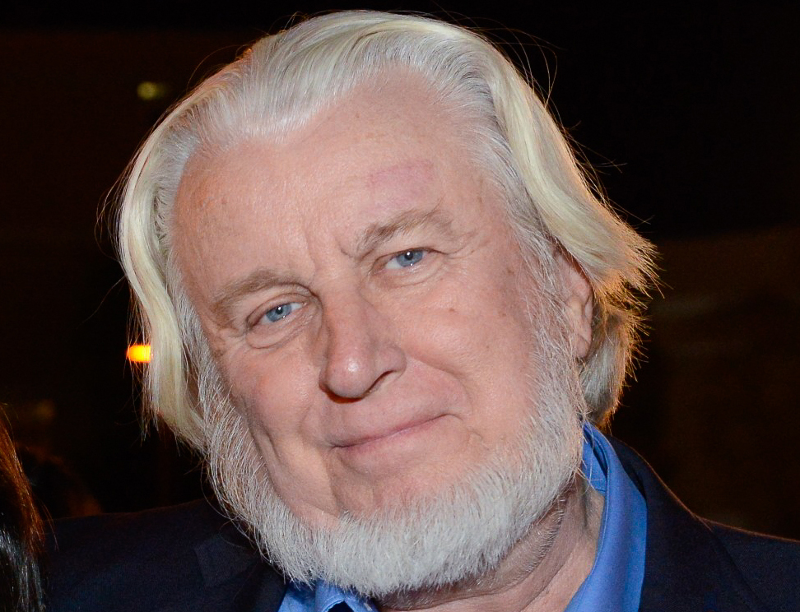
David Ellermann’s Helping Theory
David Ellerman writing for the World Bank in Helping People Help Themselves From the World Bank to an Alternative Philosophy of Development Assistance asks: “How can an outside party (“helper”) assist those attempting to undertake autonomous activities (the “doers”) without overriding or undercutting their autonomy?”
He contends that if “development is seen basically as autonomous self-development, then there is a subtle paradox in the whole notion of development assistance: How can an outside party (“helper”) assist those undertaking autonomous activities (the “doers”) without overriding or undercutting their autonomy? This conundrum is the challenge facing a theory of autonomy-compatible development assistance – that is, helping theory”.
Hence as noted above the same paradox is to be found at the very heart of the helping dynamic between a doctor and a patient who does not require bio-medical help, but does need support in (re)connecting with opportunities for interdependent relations. Since as I argued last week the only viable and sustainable way such a person can journey towards reciprocal relationships is when they feel a sense of their own agency and their potential to make a contribution is likely to be received.
Convincingly weaving John Dewey’s pedagogy and social philosophy, Douglas McGregor’s management theory, Carl Rogers psychotherapy, Soren Kierkegaard’s existential philosophy, Saul Alinsky’s theories on community organizing, Paulo Freire’s teachings on popular education, and Albert O. Hirschman’s and E. F. Schumacher’s thinking on economic development, he presents a compelling case for thinking afresh about what we mean by helping. Each of these thinkers although coming from different fields arrive at an eerily consistent thesis around how to help in a way that does no harm. He summarizes their shared principles as follows:
– Help must start from the present situation of the doers.
– Helpers must see the situation through the eyes of the doers.
– Help cannot be imposed on the doers, as that directly violates their autonomy.
– Nor can doers receive help as a benevolent gift, as that creates dependency.
– Doers must be in the driver’s seat.
He goes on to note: “The standard approach is that the helper [….] has the “answers” and disseminates them to the doers. This corresponds to the standard teacher-centered pedagogy. The alternative under helping theory is the learner-centered approach. The teacher {helper} plays the role of midwife, catalyst, and facilitator, building learning capacity in the learner-doers so that they can learn from any source, including their own experience.”
As organisations endeavor to make the shift in focus from what’s wrong to what’s strong, there is much to be gained from having an explicit theory of Helping, and even more to be gained from knowing how to put it into practice.
Cormac Russell

Kane dodgson
I enjoyed this article, I struggle with the parental way. Large organisations and institutions in my town “decide what is best” for communities of interest in my town whilst I’m sure most people making decisions may have their hearts in the right place, never the less their helping style is both patronising and detremental in the long run